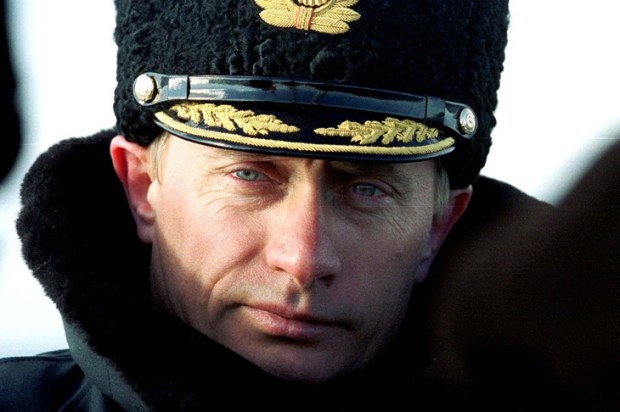The think tank Chatham House describes ‘GeoEconomics’ as ‘the interplay of international economics, geopolitics and strategy’. The central question in GeoEconomics is the extent to which the economy itself leads to political conflict and war. The economist Paul Samuelson famously gave the title for the second world war as ‘the economists’ war’. It is a system of global trade and its financing. This entwined system leads to what businesses and think tanks call ‘GeoPolitical Risk’. The entire apparatus is global and cyclical. The system has been in place ever since Machiavelli penned The Prince and the onset of the Industrial Age in the 18th Century produced interpretations from liberal economists such as Adam Smith and David Ricardo.
The prevailing tendency was what economists call ‘Mercantilism’. This was the idea that increases in wealth means greater power to the detriment of the other. Therefore, geopolitics and geoeconomics became intertwined. The aggressive pursuit of Grossraum could have economic and political benefits. The emphasis in Mercantilism is the feature of one or two hegemonic powers. Therefore, in the 20th Century this was assured for the US, through the suspension of the Bretton Woods agreement in 1972. The abolition of the convertibility of gold to dollars, set in motion a hegemony for the US. The world had changed for a few dollars more. The fiat currency of the dollar had replaced gold. Hence the picture of globalisation as mutually benefiting is true on one side but exists within a macro system of hegemony. Hegemony is policed through, for example, global payment systems, sanctions etc. Mercantilism is back in vogue and we can see it in Trump’s protectionism and China’s soft loans in the world of Tianxia (all under heaven), the spiritual moniker for Chinese assertion.
China is now the largest lender worldwide due to the Belt and Road Initiative; its Bond market is now open to foreign investors and challenges the IMF as a lender of last resort to struggling countries (US $150 billion in the last ten years). Chinese lending is overtly geoeconomic. It contains attractive interest rates for military investment. The Kiel study shows the correlation between official state lending and the rise of the Hegemonic powers in 29th Century Europe, the US post the second world war, and the emergence of the Chinese. There is also an inverse relationship to private lending; when private capital recedes then the hegemonic power leverages geopolitical possibilities. This was illustrated by the US lending to Britain and Europe during and post the second world war. The conclusion is that politics and geoeconomics have significant instability and lead to a confirmation bias of furthering tensions. Mercantilism therefore carries inherent geopolitical instability. The realist view on globalised trade, therefore, asserts that war is more a likely outcome of higher involvement as dependencies create protective chauvinism of interests.
The interrelated nature of global economy is turning, however, into more bilateral economy, into geopolitical superblocs. This is witnessed in recent Russian aggression and the new Trumpism advocating ‘strategic’ acquisition of Greenland and Panama. Recognising threats of the global economy, nations look more to bilateral associations with less associated risks. This, for many countries, such as Britain, will be painful. Developing ties with China comes at the cost of alienating the US. This underscores the increasing reality of geoeconomics and geopolitics. This is reflected in sanctions, cyberattacks and spying. These are corollary to the main battlefield of GeoEconomics. Whilst the 20th Century was one of a ‘total mobilisation’ of resources, the 21st Century, the post-industrial age, will be based upon a chauvinistic assertion for resources, by economic dominance. ‘The Supreme art of war,’ noted Sun Tzu, ‘is to subdue the enemy without fighting.’ The essence of GeoEconomics for the mighty.
Brian Patrick Bolger LSE, University of Liverpool. He has taught political philosophy and applied linguistics in universities across Europe. His new book, ‘Nowhere Fast: Democracy and Identity in the Twenty First Century’ is published now by Ethics International Press. He is an adviser to several Think Tanks and Corporates on Geopolitical Issues.

























